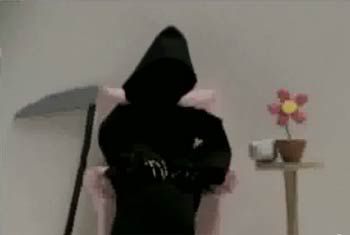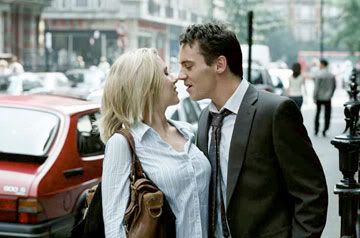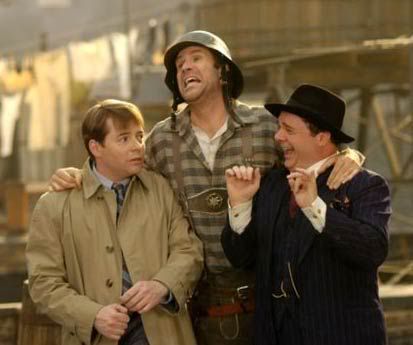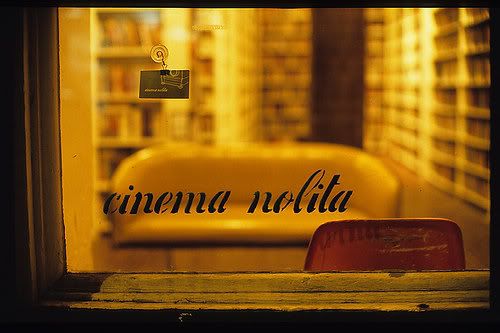Ballet Russes
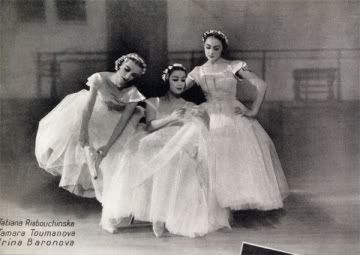
An educational and uplifting evening was had by all last night; Images held a screening of the documentary Ballet Russes with producer Robert Hawk in attendence for a Q&A session prior to the movie. Hawk (who also produced Chasing Amy, Trick, and The Slaughter Rule) talked for an hour or so before the movie about how the project came into existance. In the year 2000, the original dancers from the famous Ballet Russe du Monte Carlo (most of whom were now in their eighties and nineties) were to assemble at a dance convention in New Orleans. Hawk called upon documentarians Daniel Gellar and Danya Goldfine (Frosh) to conduct interviews with the dancers. Gradually, the project blossomed into a documentary which was initially four hours long and was eventually trimmed down to two. The complete interviews are also stored in their entirety at the Chicago Conservatory of Music.
As great as it was to hear about the picture in Hawk's own words, the real treat of the evening was the movie itself, which is one of the most inspiring and uplifting documentaries I've ever seen. It tells the story of the Ballet Russe company, from its origins in Russia to its tours of Europe and America during the 30's and 40's, and the eventual split between the owners, not to mention the story of young, black ballerina Raven Wilkinson and the trouble the company faced when they toured the American South, which deserves a movie all of its own. The interviews are purely joyful. The eighty-plus dancers display more enthusiasm and energy than almost anyone I know who's my age, and every one of them is a fountain of anecdotal history. Also wonderful to see is the archival footage of the dancers in their heyday, which was all shot by fans during their concerts and collected for the documentary by Gellar and Goldfine. To hear the old dancers talk about their experiences and to actually see them at the same time is so amazing, I'm surprised that no historic documentary I've seen has used such a technique before.
It was also fun to see some of the feature film clips from the dancers' brief Hollywood careers, including Spanish Fiesta, The Gay Parisian and Seven Brides and Seven Brothers. The best of the whole bunch was a clip from the Rita Hayworth musical Tonight and Every Night, in which Mark Platt dances in three or four different styles at an audition as the director switches stations on the radio. If anyone from Columbia should happen to read this, please, we need this movie to get released on DVD!
While ballet historians and dance buffs may find the odd quibble with the inclusions and exclusions, this is overall a masterful film; both a celebration of a great dance company and a forlorn farewell to an artform that will never be quite as great as it once was. One of the best films of last year, and one of the best documentaries I've ever seen. Highly reccomended.
